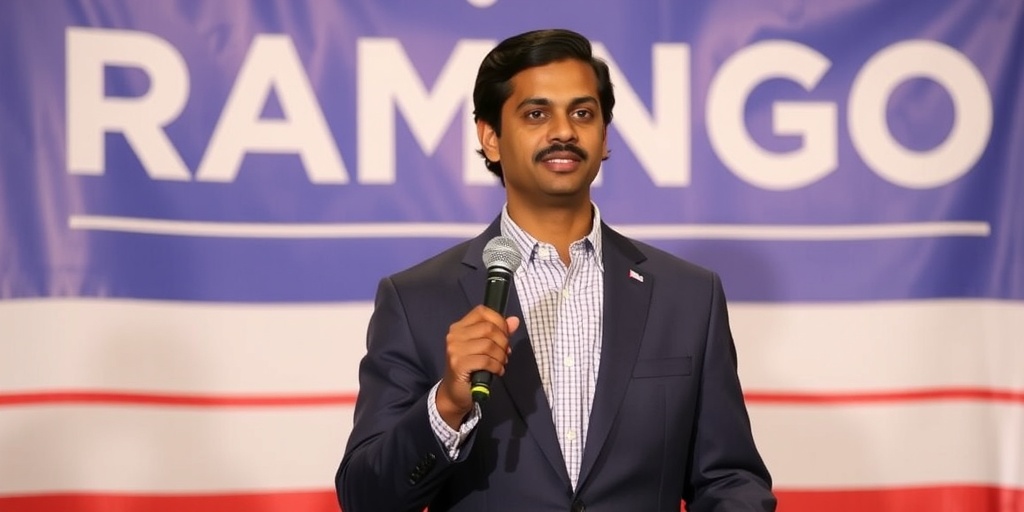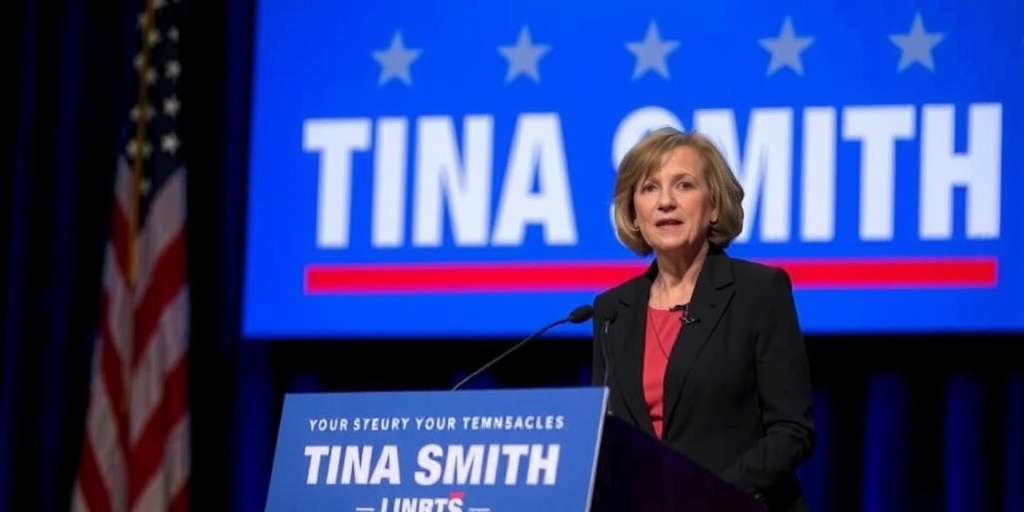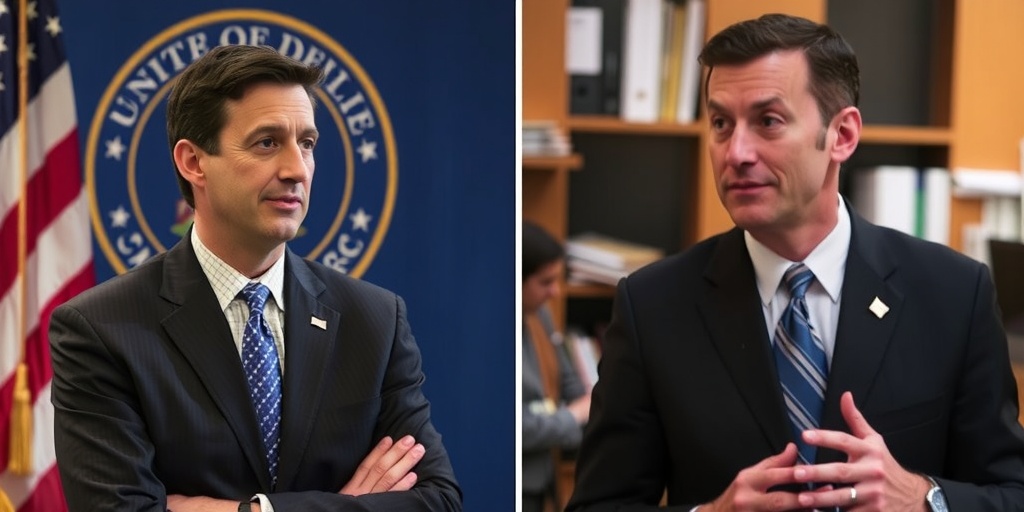Now Reading: Trump’s Energy Boom Hopes Clouded by Tariff Concerns
-
01
Trump’s Energy Boom Hopes Clouded by Tariff Concerns
Trump’s Energy Boom Hopes Clouded by Tariff Concerns
Title: Energy Executives Express Concerns Amidst Tariff Threats and Economic Uncertainty
At a recent industry conference in Houston, energy executives gathered to discuss the future of the U.S. energy sector amid rising tensions related to tariffs, economic uncertainty, and potential declines in oil prices. While many in the industry have lauded President Trump for his administration’s push to deregulate and promote U.S. energy dominance, there is a growing apprehension about the implications of his policies for the oil and gas sector.
During discussions held in private meeting rooms and at informal meals, executives shared their hopes that the White House would reconsider its stance on tariffs affecting the energy sector. With the imposition of 25 percent tariffs on imported aluminum and steel – materials crucial to energy production – industry leaders expressed concerns about the impact these tariffs would have on their businesses. The atmosphere at the conference was one of cautious optimism mixed with underlying fears, as many executives hoped the administration would prioritize energy sector stability over aggressive tariff strategies.
Mike Sommers, the CEO of the American Petroleum Institute, voiced a sentiment echoed by many in the room. He emphasized the need for a trade agenda that supports the dominant U.S. energy sector rather than one that stifles it with tariffs. “We’re hopeful that as we continue these conversations on trade, that the energy dominance agenda becomes more important than the tariff agenda,” he stated. His comments reflect a broader concern within the energy community regarding how tariffs could potentially hinder growth and competitiveness.
Despite these worries, the energy executives maintained a façade of loyalty to the Trump administration, praising the President and his cabinet for their commitment to American energy independence. This, however, was juxtaposed against worries about the overall economic environment. The S&P 500 index had recently slid into correction territory, down over 10 percent from its peak, with contributing factors including rising tariffs and market uncertainty.
Adding to the uncertainty, White House aide Peter Navarro publicly speculated about the possibility of crude oil prices dropping to $50 per barrel. Executives were quick to rebut such notions, highlighting the detrimental effects that low oil prices could have on the industry. Many operators require oil to be priced above $60 per barrel to sustain profitability, making the administration’s potential downward pressure on oil prices a contentious subject.
Scott Sheffield, a former oil executive and industry veteran, urged caution, questioning the President’s understanding of the energy market. “Does he really want $50 oil? Does he know the impact? What it’ll do to the industry?” he asked rhetorically. Such inquiries reflect the deep-seated concerns regarding the potential long-term consequences of current policies.
While many executives refrained from openly criticizing the administration, their remarks came with a clear request for more stability and predictability in trade policy. Jay Timmons, the CEO of the National Association of Manufacturers, emphasized the need for a “common-sense trade policy” to mitigate risks for companies reliant on imports. The need for clarity in trade agreements was also echoed by other industry leaders, highlighting the delicate balance they must maintain between supporting the administration and advocating for their industry’s best interests.
Ryan Lance, CEO of ConocoPhillips, described energy as a pivotal sector in Trump’s jobs agenda and urged the administration to consider the implications of tariffs on energy. “Whether you exempt energy or not, I think is something people ought to look at,” he warned, stressing the delicate interplay between trade policy and energy production.
Interestingly, some in the renewable energy sector were less anxious about the potential impacts of trade policy than they had been in previous years. Abigail Ross Hopper, who leads the Solar Energy Industries Association, noted that while there were concerns, they were not as extreme as during Trump’s first term when tariffs were imposed on solar products. Instead, she framed the conversation around energy manufacturing as one that transcended politics, drawing parallels to everyday products.
For some in the energy sector, particularly pipeline companies, the focus was on the complexities of permitting rather than tariffs. Alan S. Armstrong, CEO of Williams, emphasized that the challenges of obtaining the necessary approvals for infrastructure projects often outweighed the impact of tariff-induced price increases. “If we could pay 25 percent on the pipe to get the permitting, we would take that trade all day long,” he remarked.
The current landscape illustrates the precarious position that energy executives find themselves in as they navigate tariff threats, economic uncertainty, and policy implications. While there is recognition of the administration’s efforts to support U.S. energy independence, the path forward remains fraught with challenges that demand careful navigation from industry leaders.
Stay Informed With the Latest & Most Important News
Previous Post
Next Post
-
 01New technology breakthrough has everyone talking right now
01New technology breakthrough has everyone talking right now -
 02Unbelievable life hack everyone needs to try today
02Unbelievable life hack everyone needs to try today -
 03Fascinating discovery found buried deep beneath the ocean
03Fascinating discovery found buried deep beneath the ocean -
 04Man invents genius device that solves everyday problems
04Man invents genius device that solves everyday problems -
 05Shocking discovery that changes what we know forever
05Shocking discovery that changes what we know forever -
 06Internet goes wild over celebrity’s unexpected fashion choice
06Internet goes wild over celebrity’s unexpected fashion choice -
 07Rare animal sighting stuns scientists and wildlife lovers
07Rare animal sighting stuns scientists and wildlife lovers




















